Finding Your Authentic Self After Caregiving: Reconnecting with Who You Are
Caregiving for a loved one with dementia is a full-body, full-heart experience. It asks everything of you—your time, your energy, your patience—and when it’s over, it can leave you standing there wondering: Who am I now? After years of making decisions based on someone else’s needs, it’s no surprise that reconnecting with yourself feels… foreign. But beneath the exhaustion, the grief, and the uncertainty, your Authentic Self is still there. And when you learn to recognize it, you can shift into it more easily and stay with it for longer periods of time.

What Is the Authentic Self?
The Authentic Self is who you are when you’re not stuck in survival mode. It’s the version of you that isn’t just reacting to stress, grief, or overwhelm. It’s the part of you that isn’t running on autopilot, bracing for the next crisis, or drowning in guilt. Instead, the Authentic Self is calm, clear, and connected to the present moment. Some may refer to it as your highest and best self, or in The Gift of Imperfection, Brene Brown called it Wholehearted Living. I like to think of it as your favorite version of yourself.
When you’re in this state, you can notice everything happening inside you—your emotions, your thoughts, your bodily sensations—without letting any one feeling take over. You can respond instead of react. You can breathe before you spiral. You can show up as you—not just as a former caregiver, but as a whole person.
The Eight Qualities of the Authentic Self
Psychotherapist Richard Schwartz, the founder of Internal Family Systems (IFS) therapy, describes the Eight C’s of the Authentic Self—qualities that naturally emerge when we’re in this state. Let’s break them down and explore how they can help you reconnect with yourself after caregiving:
1. Calm
You can’t access your Authentic Self when your nervous system is stuck in fight, flight, or freeze mode. When stress takes over, your brain is too busy scanning for danger to think clearly. That’s why grounding, breathing exercises, and creative activities that help you slow down are so powerful. When you feel overwhelmed, ask yourself: What can I do right now to pause and settle my nervous system?

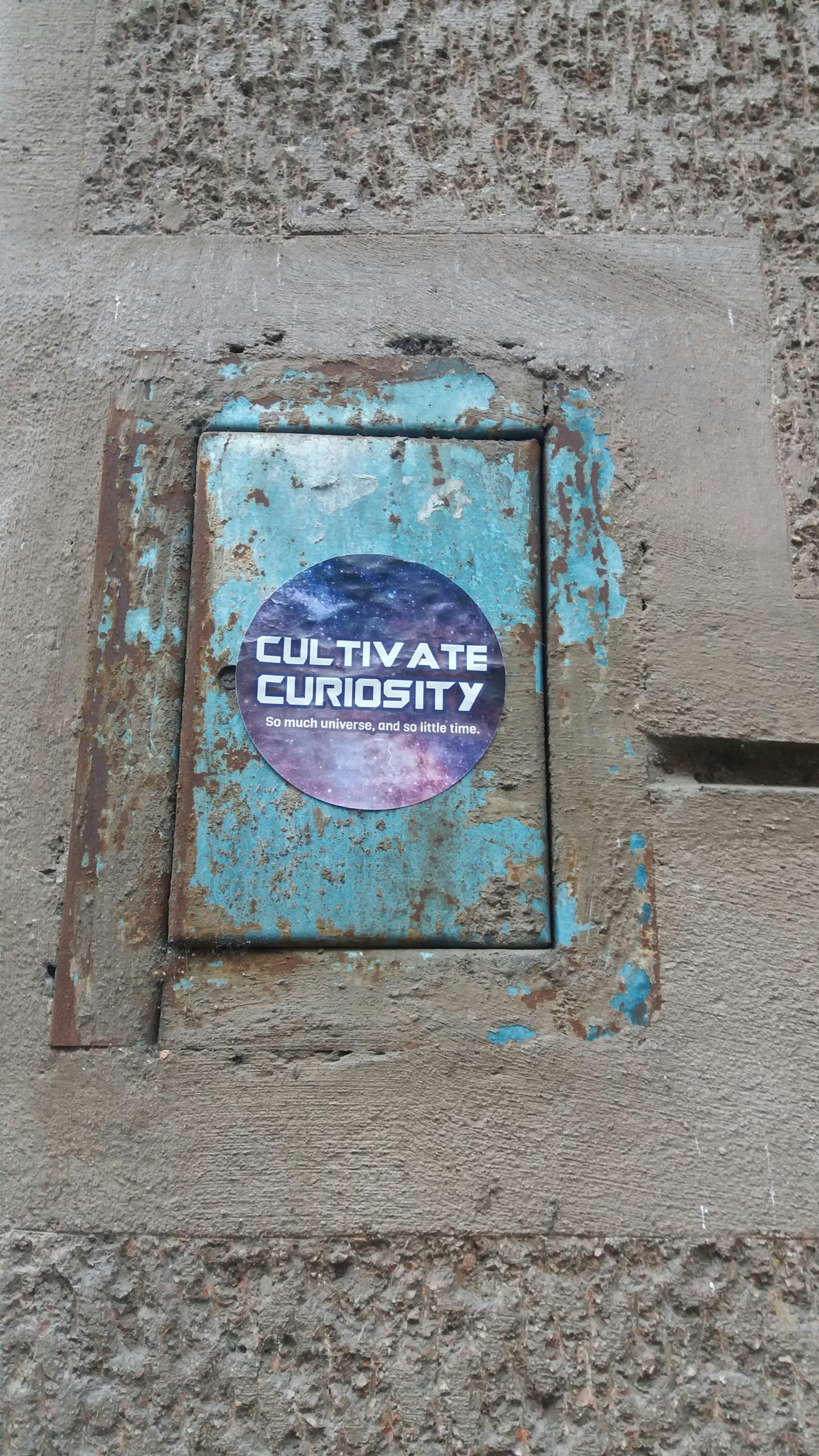
2. Curious
The Authentic Self is curious—about your inner world and the experiences of those around you. Instead of judging yourself for feeling a certain way, try asking: What’s going on inside me right now? What emotions, thoughts, or sensations am I experiencing? Curiosity creates space for awareness and understanding, without shame or self-criticism.
3. Connected
Being connected means tuning into your own experiences while also staying open to relationships and the world around you. It’s easy to feel isolated after caregiving ends—like you’ve lost your anchor. But connection doesn’t have to mean deep, intimate relationships right away. It can be as simple as noticing the warmth of the sun on your skin, remembering a moment of laughter with a friend, or feeling part of something larger than yourself.
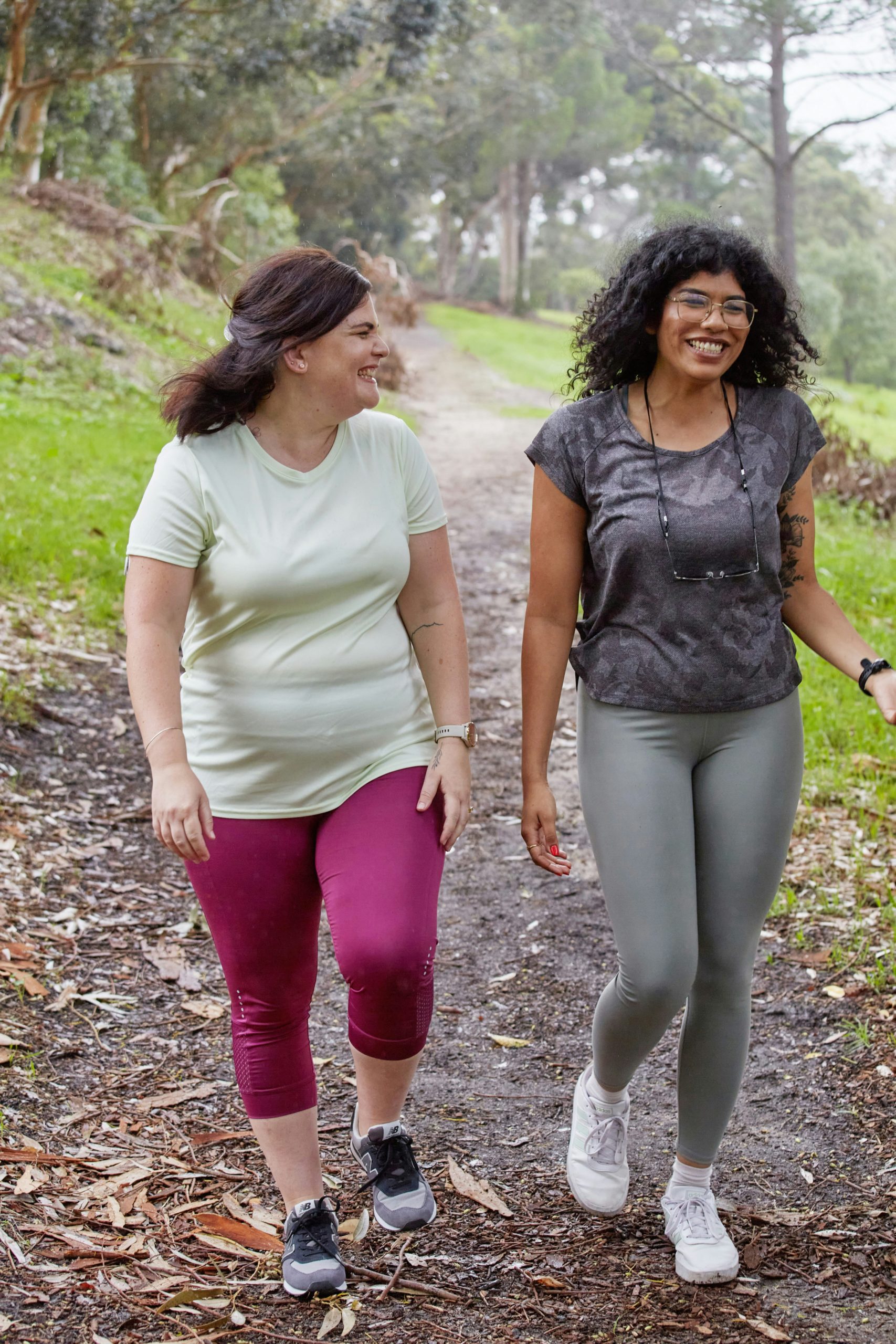
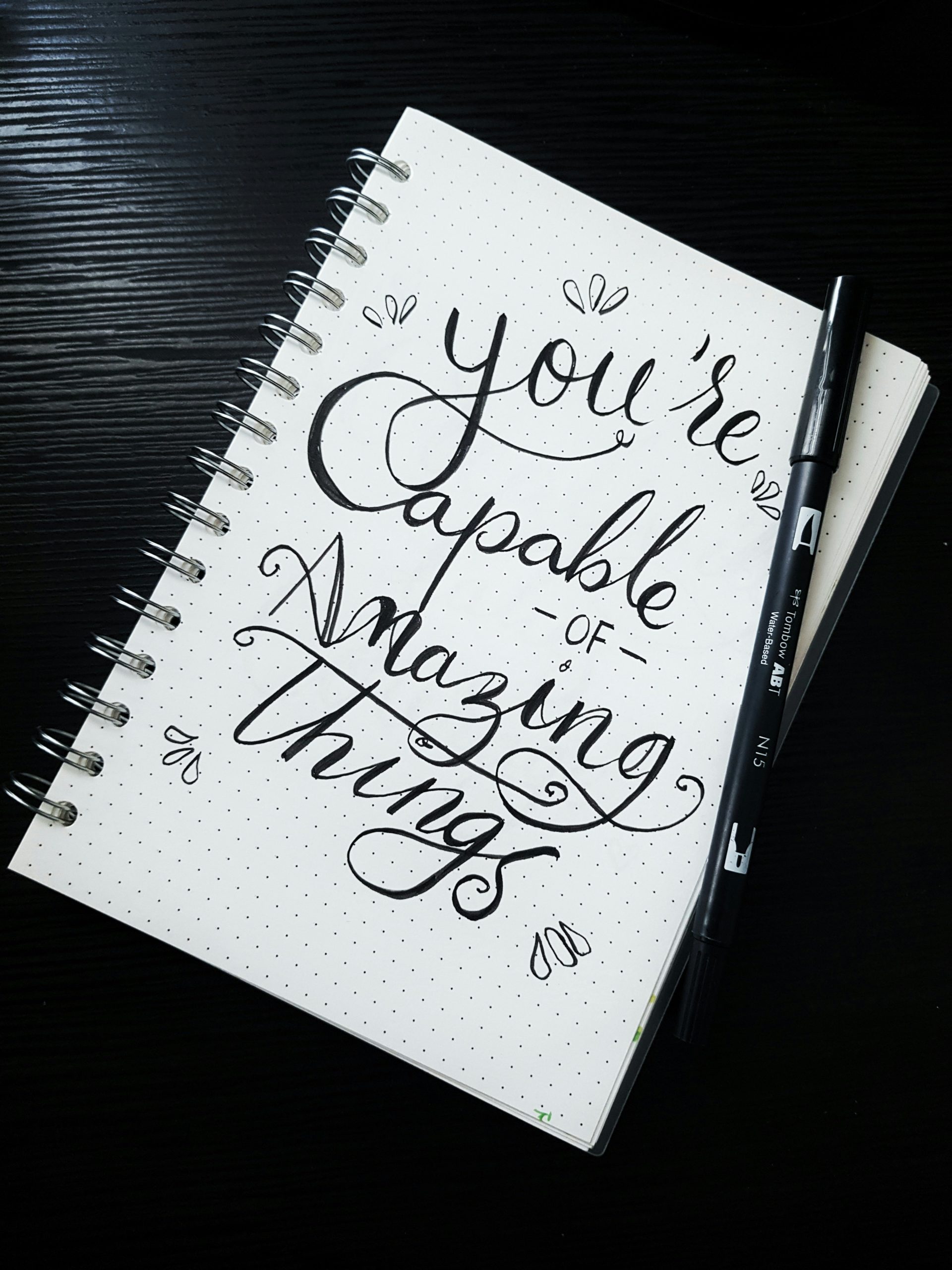
4. Confident
Confidence isn’t about never doubting yourself. It’s about holding onto the belief that I have what it takes. Even when you’re unsure, even when the path ahead feels unclear, confidence reminds you: I can figure this out. I am capable. I can ask for help when I need it.
5. Compassionate
Self-compassion is the game-changer. Instead of beating yourself up for feeling lost, anxious, or uncertain, try treating yourself with the same kindness you’d offer a dear friend. Caregiving may have taught you to put yourself last, but healing comes from allowing yourself the same grace and gentleness you gave to your loved one.
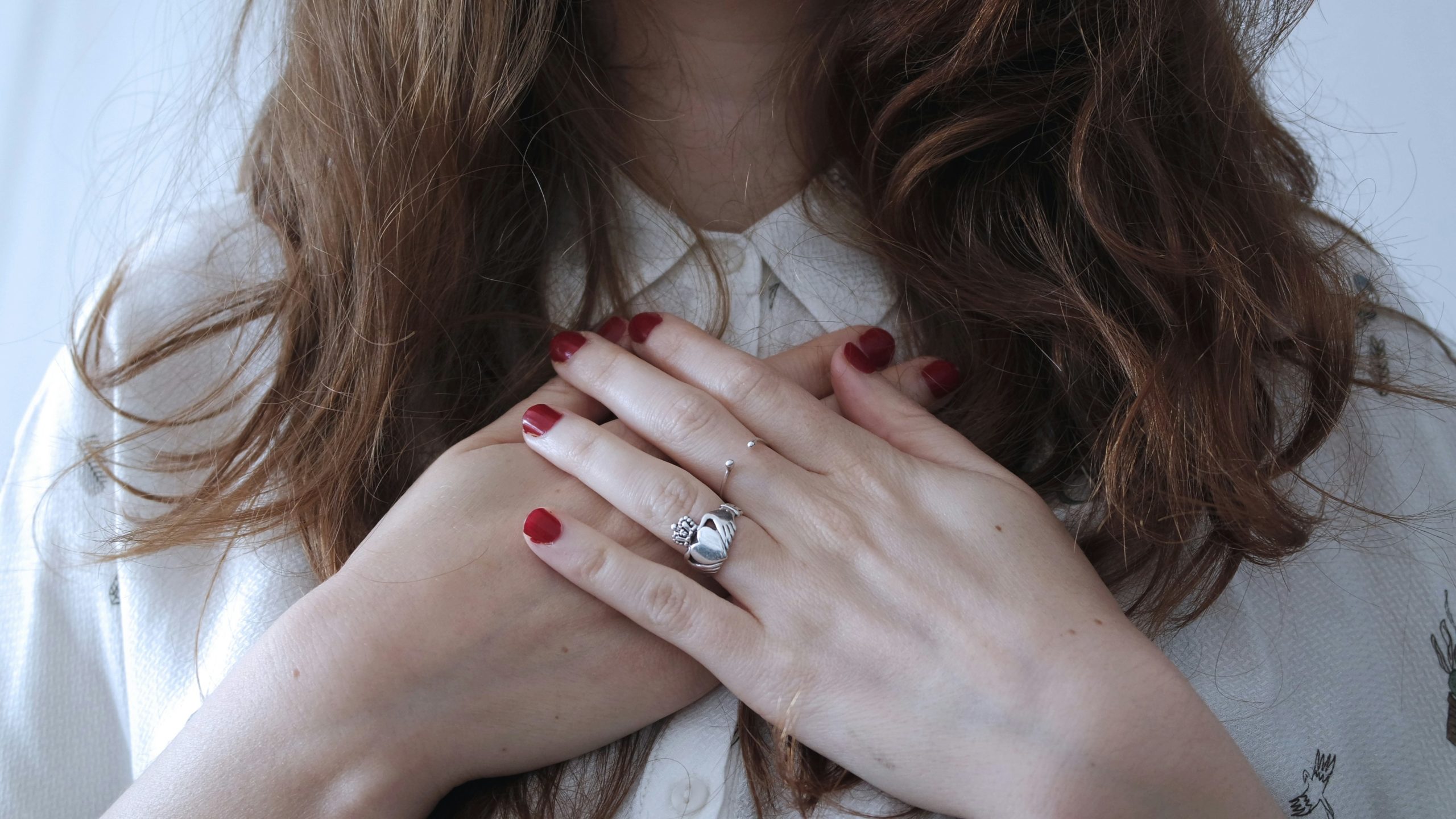

6. Clear
The Authentic Self is clear-minded. It knows when to step back, take a break, and regain perspective. If you’re feeling overwhelmed by decisions or emotions, clarity might mean pausing and asking yourself: What do I need right now? Sometimes, the answer isn’t action—it’s rest.
7. Courageous
Rebuilding your life after caregiving takes courage. It requires stepping into the unknown, feeling the grief, and allowing yourself to explore new possibilities—even when it’s scary. Courage isn’t about being fearless; it’s about making choices that align with your values, even when fear is present.
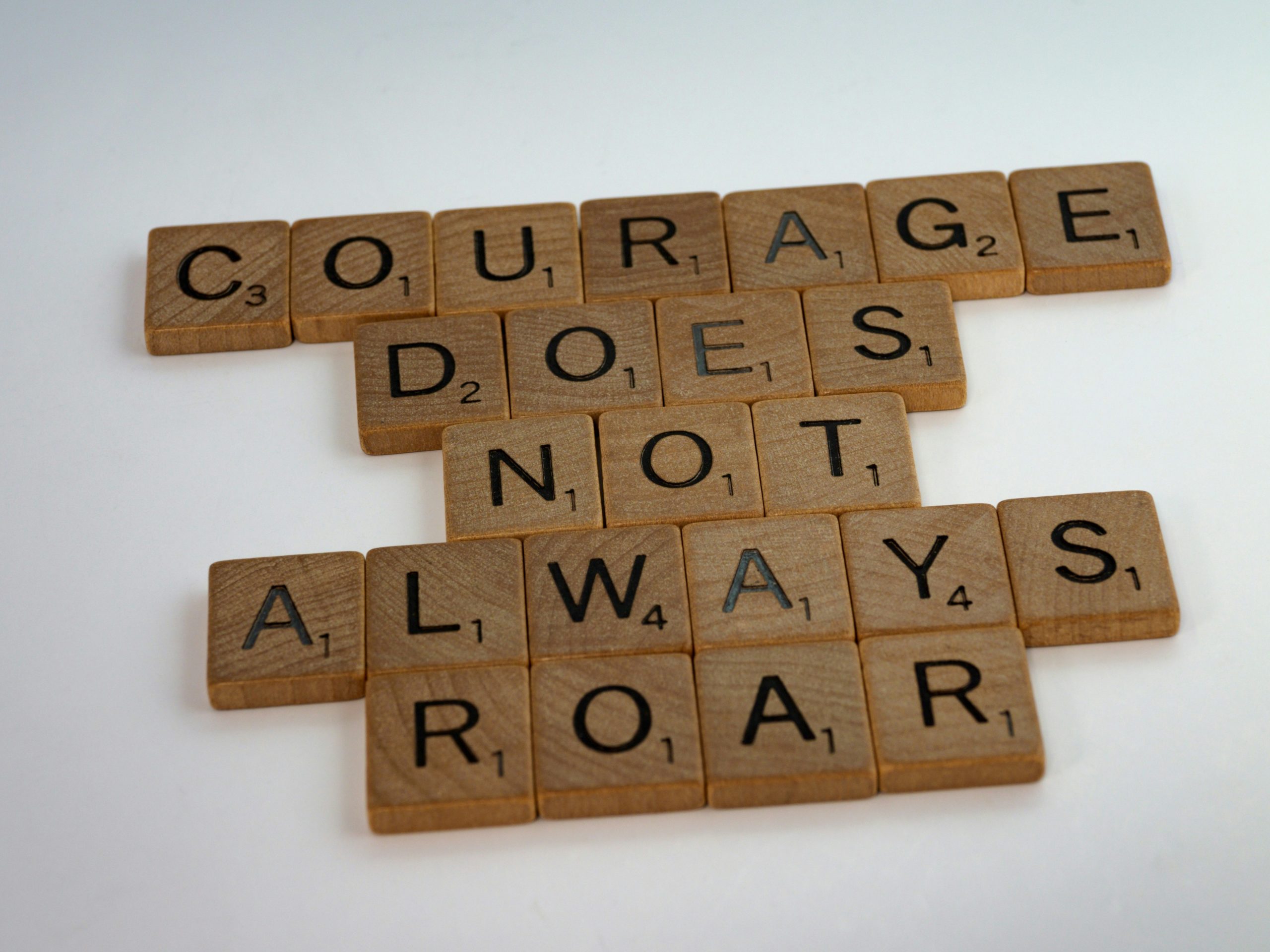

8. Creative
Creativity is another powerful way to access your Authentic Self. Whether through art, writing, movement, or music, creative expression allows you to process emotions and rediscover joy. You don’t have to be an artist—just willing to play, explore, and create without judgment.
How to Reconnect with Your Authentic Self
If you’ve spent years focused on someone else’s needs, shifting back to yourself can feel… unnatural. But you don’t have to overhaul your life overnight. Start small:
- Pause and breathe. Before reacting to stress, take a deep breath. Notice what’s happening inside you.
- Get curious. Ask yourself questions without judgment. What am I feeling right now? What do I need?
- Find moments of connection. Reach out to a friend, take a walk in nature, or create something—no pressure, just exploration.
- Be kind to yourself. Healing isn’t linear. Some days, you’ll feel grounded and clear. Other days, you’ll feel lost again. Both are okay.
You Are Still You
Caregiving changed you, but it didn’t erase you. Beneath the exhaustion, the grief, and the uncertainty, your Authentic Self is still there—waiting for you to come back home. And step by step, moment by moment, you can reconnect with the person you’ve always been.
Want to explore this more? Join the waitlist for the Creativity After Caregiving Studio Sessions, a guided space where former caregivers use art, reflection, and community to reconnect with themselves. Because healing happens when we create—not just with our hands, but with our lives.
Recent Comments